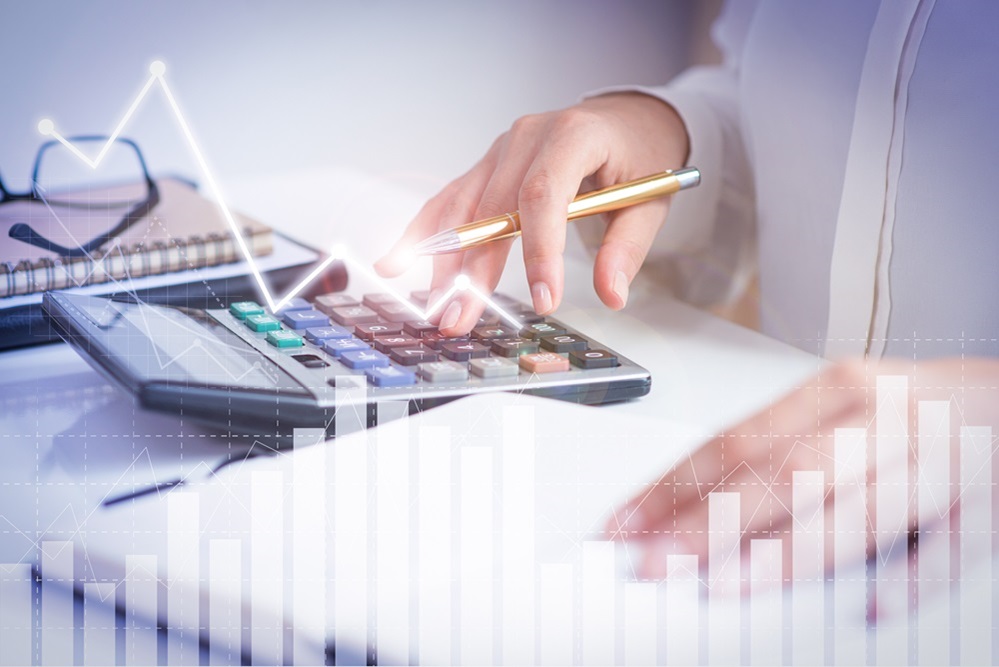Navigating the financial world can be overwhelming for any creative professional, whether you’re a painter, musician, actor, or designer. The unique challenges faced by artists often require expert financial advice tailored to your career and earnings structure. This is where specialist accountants for artists step in, ensuring your finances are managed efficiently, and you remain compliant with UK tax laws.
In this blog, we’ll explore why having a tax accountant for artists can make a significant difference to your financial health and peace of mind.
Why Artists Need Specialist Accountants
As a creative professional, you may experience irregular income, often with peaks and troughs depending on commissions, contracts, or freelance work. Many artists also have diverse revenue streams, from sales, licensing fees, royalties, and grants to sponsorships and commissions, all of which can complicate your tax situation.
Additionally, understanding allowable expenses, the proper structure for your business, and planning for your financial future can be quite complex without the right expertise. A tax accountant who specialises in working with artists can help you:
- Maximise Tax Efficiency: With a deep understanding of HMRC regulations, tax accountants for artists can ensure you’re taking advantage of all allowable expenses and reliefs. For instance, did you know that some of your art materials, studio rent, or travel costs for gigs or exhibitions may be tax-deductible?
- Stay Compliant: Working with different revenue streams can make it challenging to ensure you’re meeting all your tax obligations. A specialist accountant will keep you compliant with filing deadlines, ensuring your accounts and tax returns are correct and submitted on time.
- Plan for the Future: Ensuring you save efficiently for tax bills; a tax accountant can provide tax advice that is uniquely tailored to your circumstances.
Key Tax Considerations for Artists in the UK
1. Self-Employment Income
Many artists operate as self-employed individuals, meaning they are responsible for managing their own taxes. If your annual turnover exceeds the VAT threshold of £85,000, you may also need to register for VAT. However, even if you’re under this threshold, self-employed artists must register with HMRC, file a self-assessment tax return, and pay Class 2 and Class 4 National Insurance Contributions (NICs).
Your accountant can guide you through this process, ensuring you claim the right expenses and deductions to reduce your overall tax burden.
2. Allowable Expenses
Artists are entitled to claim a wide range of business expenses that are “wholly and exclusively” for their trade. Common allowable expenses include:
- Materials and supplies used to create art (paint, brushes, canvas, etc.)
- Studio rent and utilities
- Equipment and tools
- Website and marketing costs
- Travel expenses for exhibitions, gigs, or client meetings
- Professional services, including accountant or legal fees
Understanding the difference between personal and business expenses is crucial to avoiding problems with HMRC.
3. Grants and Funding
Many artists in the UK receive grants or other funding from various organisations. While grants can be a great financial boost, they may also be taxable depending on the source and purpose of the grant. Your accountant will help you understand how to treat grant income and whether any tax is due.
4. Royalties and Licensing Fees
Artists who sell the rights to their work or license it for commercial use may receive royalties. This income can be irregular, and managing the tax implications can be complicated. A tax accountant familiar with the creative industry can ensure that royalties are properly accounted for and taxed correctly, avoiding any unexpected bills.
The Importance of Planning
Beyond taxes, a specialist accountant can offer comprehensive tax advice tailored to your life as an artist. Whether it’s saving for a major project, setting aside money for tax bills, or investing in your future, planning is essential to long-term success.
Having an accountant who understands the ebb and flow of artistic careers means they can help you navigate times of high and low income, ensuring you’re financially secure in all stages of your career.
Choosing the Right Accountant for Artists
When selecting an accountant, it’s important to find someone with experience working with creatives. They should understand the unique financial challenges faced by artists and be familiar with industry-specific tax laws and allowances.
At Creative & Numbers, we specialise in providing accounting services to artists and other creative professionals in the UK. Our team has years of experience helping artists navigate the complexities of self-employment and tax planning. We take the time to understand your unique needs and provide personalised advice that helps you achieve financial success.
Conclusion
The world of tax and finance can be daunting for any artist, but with the help of a specialist tax accountant, you can ensure your affairs are in order. From claiming allowable expenses to managing royalties and future tax planning, having an expert by your side gives you peace of mind and lets you focus on your creative work.
If you’re an artist in need of some guidance, get in touch with Creative & Numbers today. We’re here to help you with everything from taxes to cashflow.

